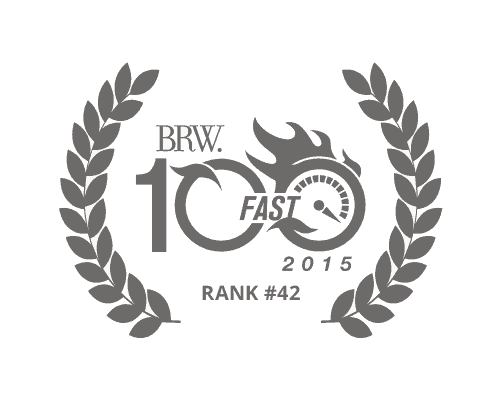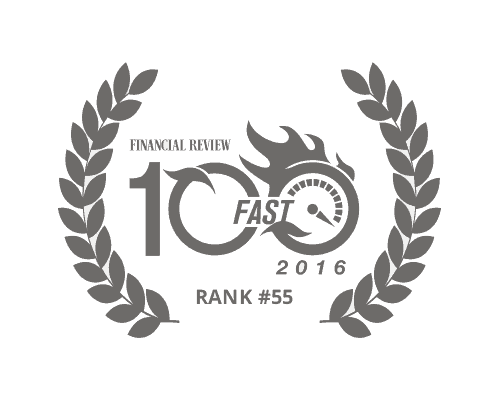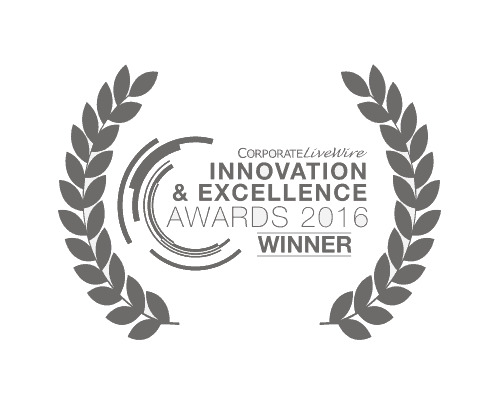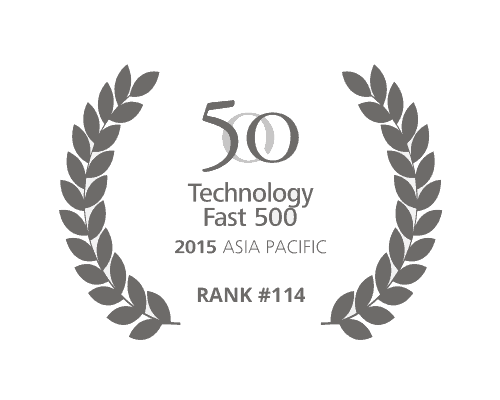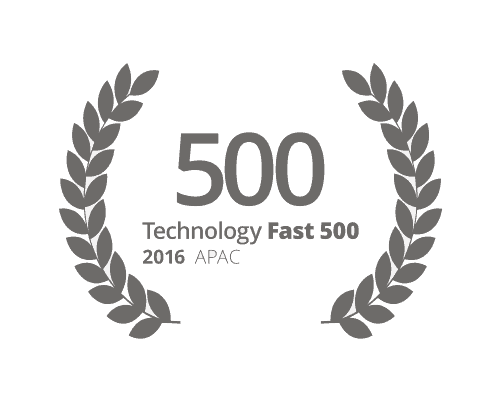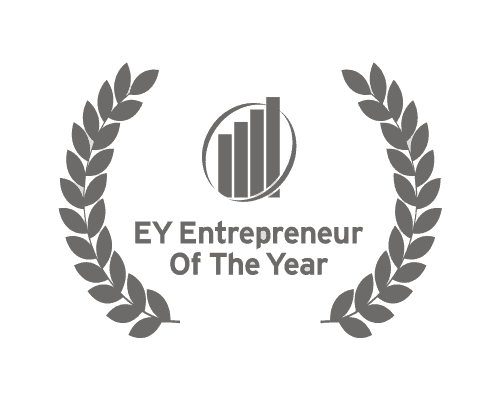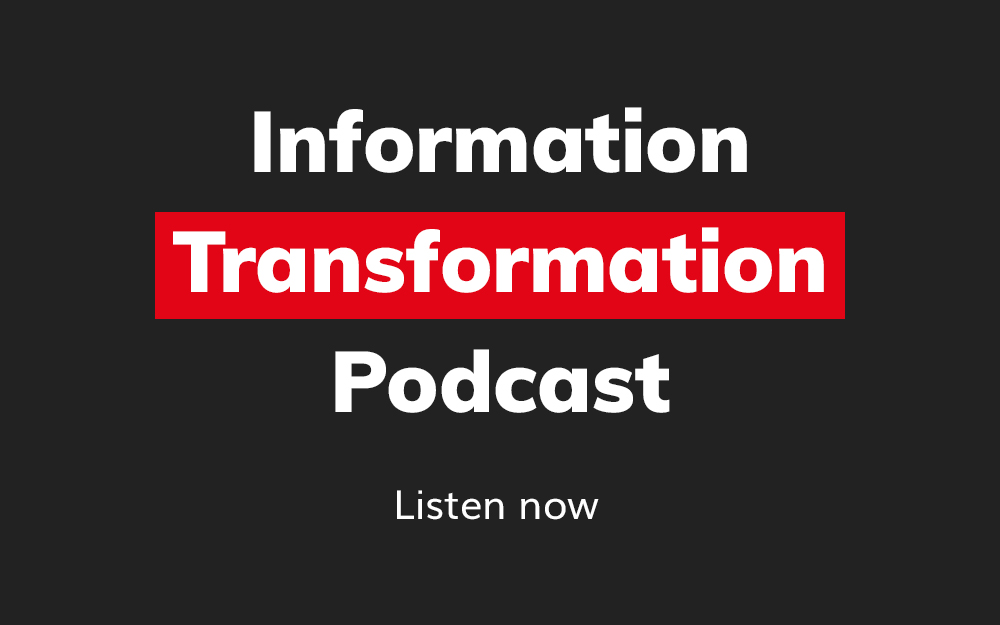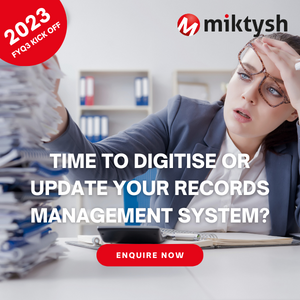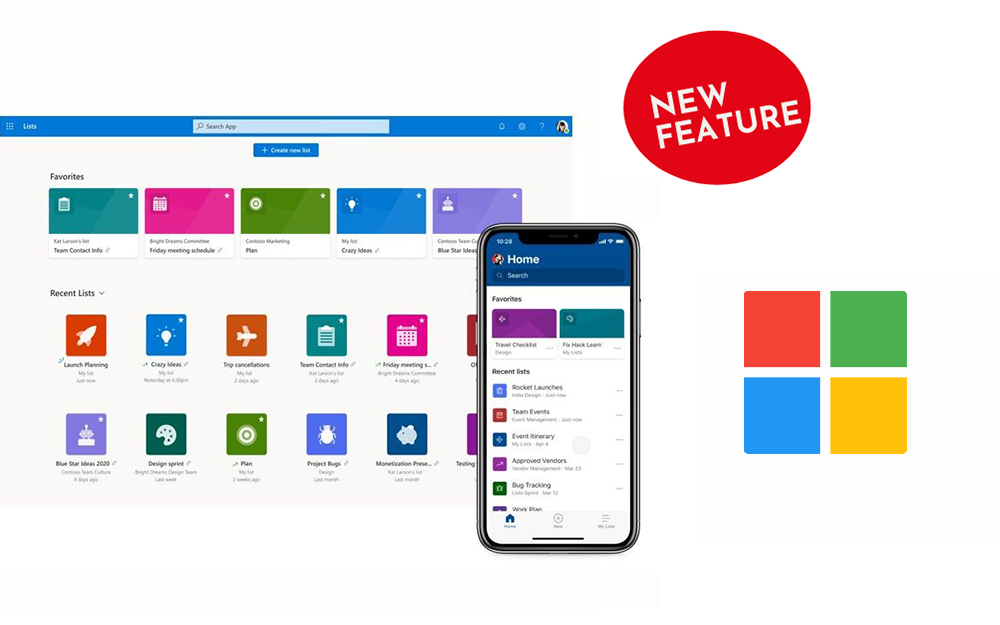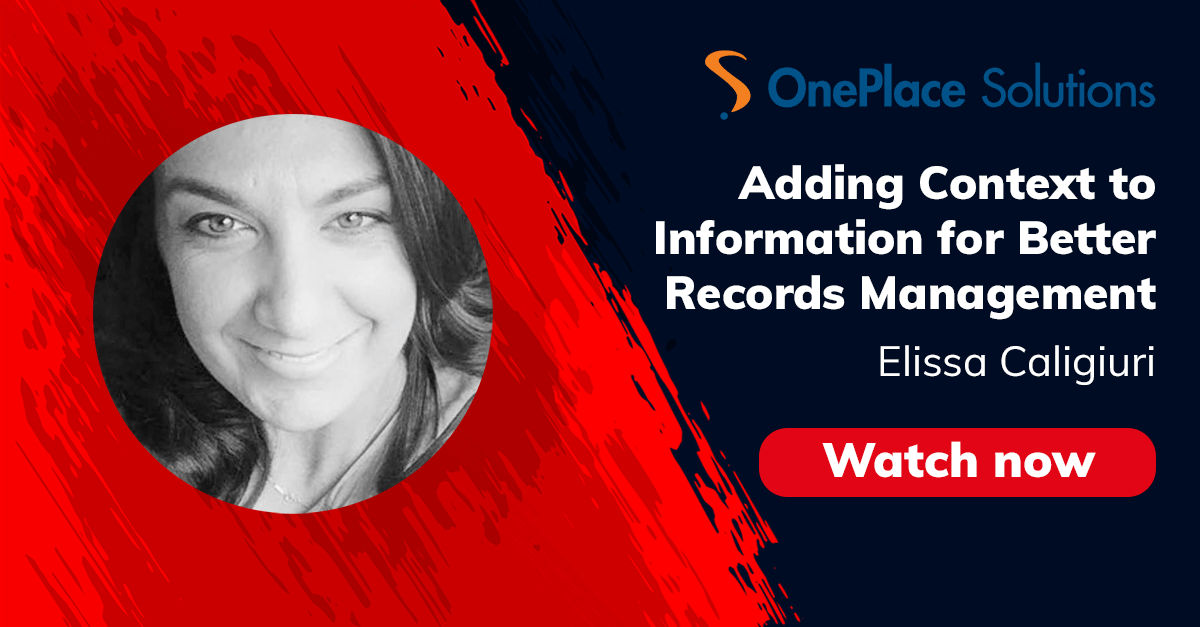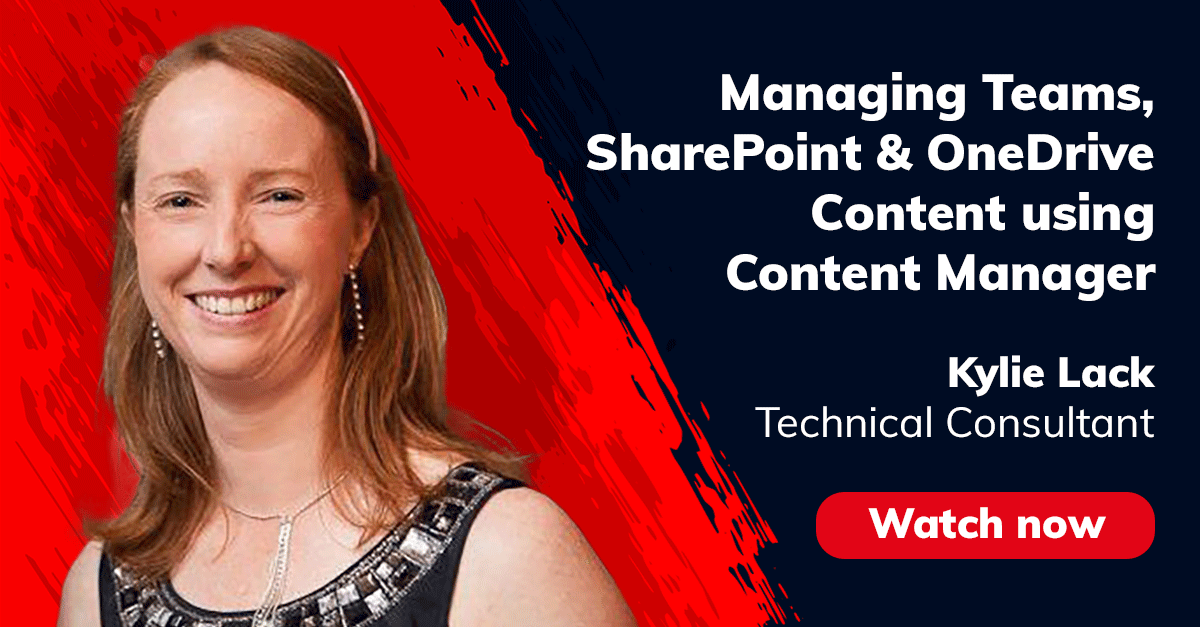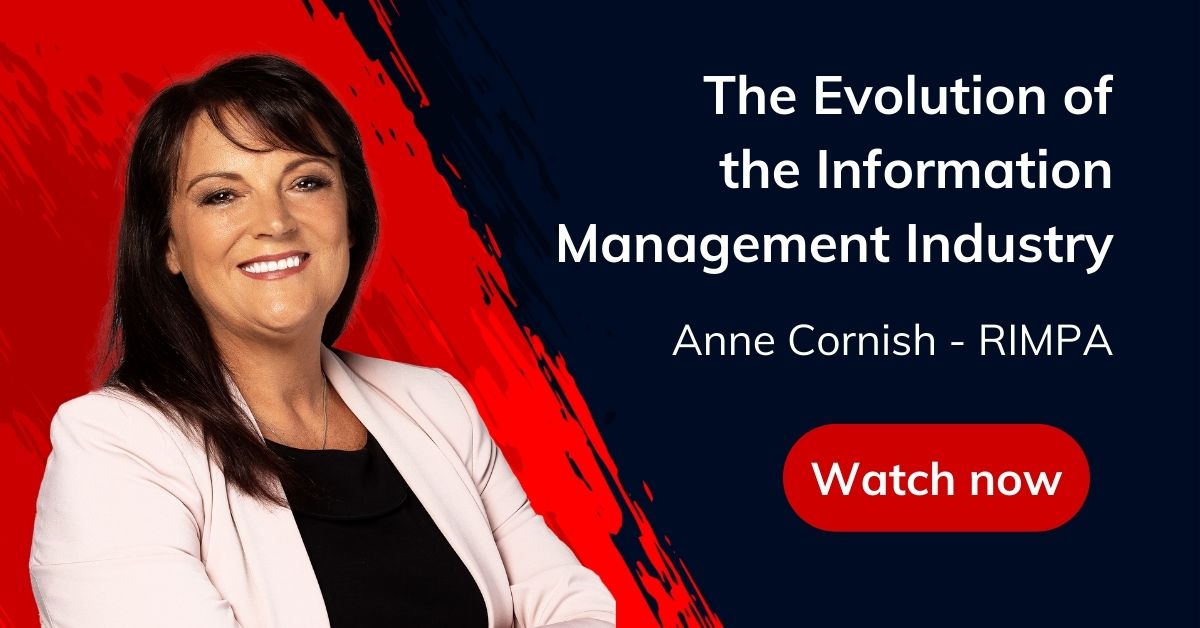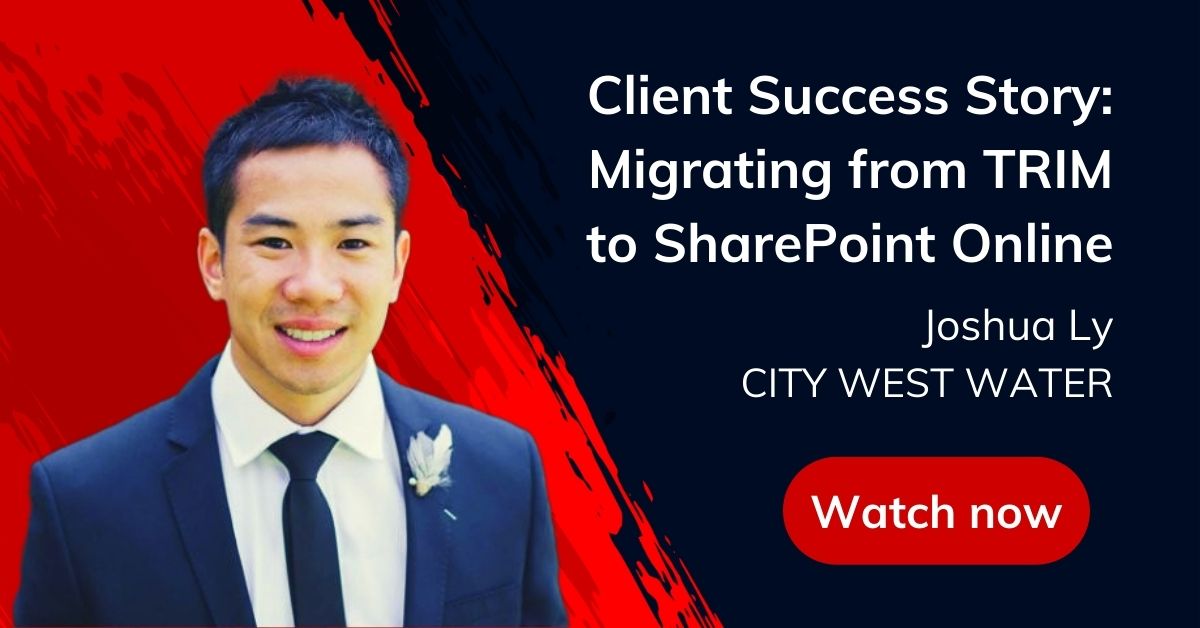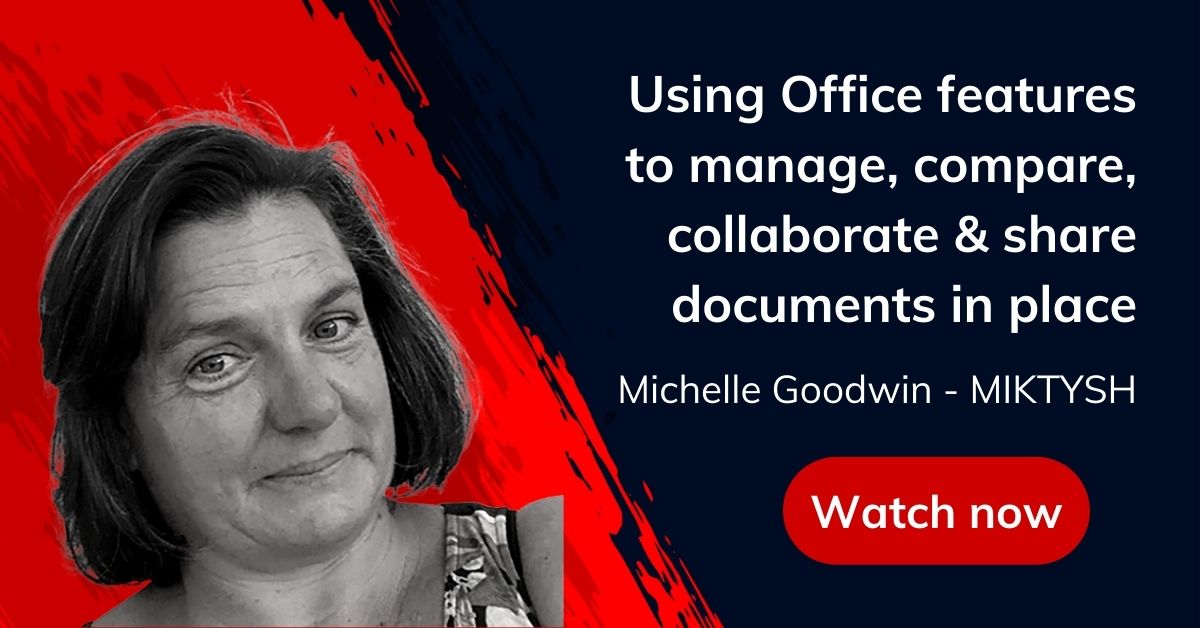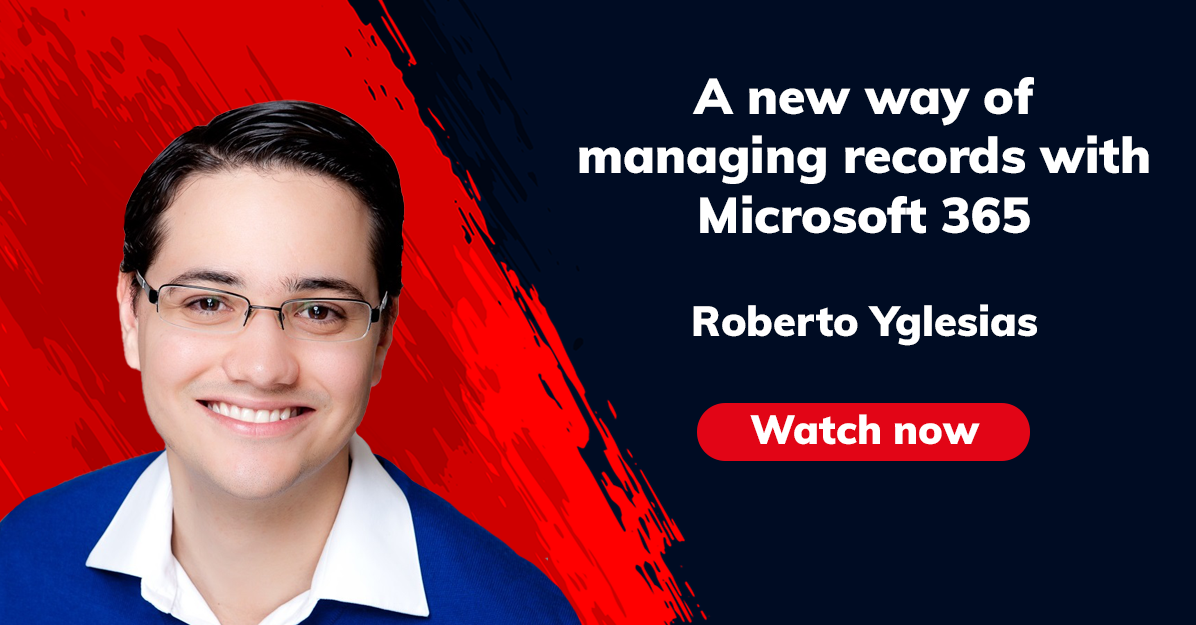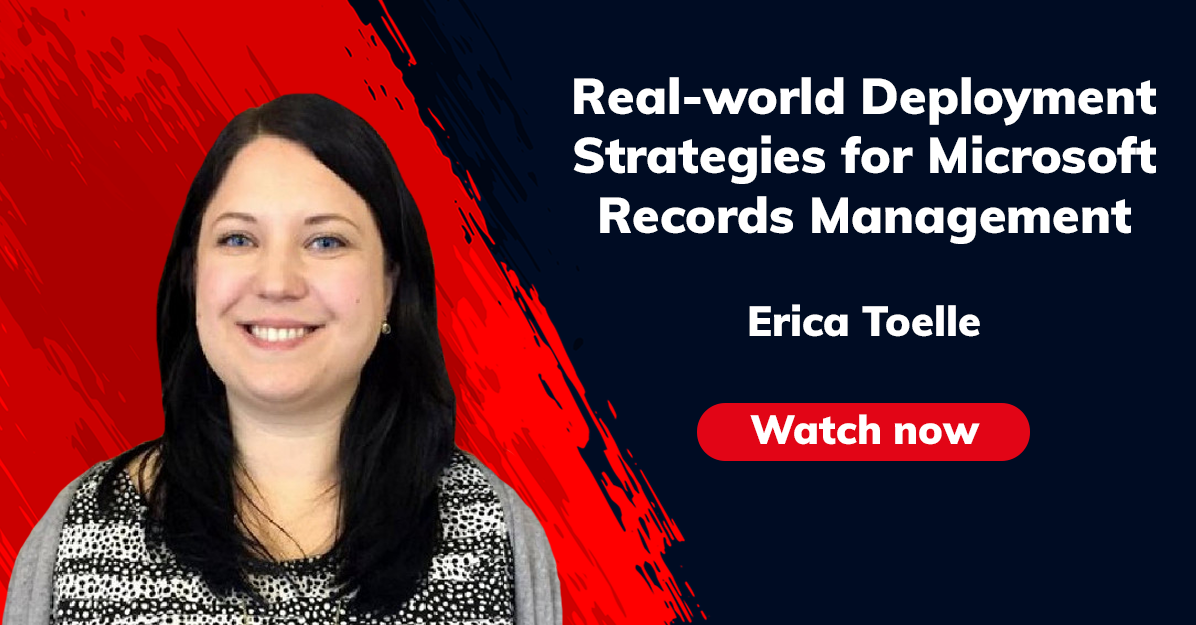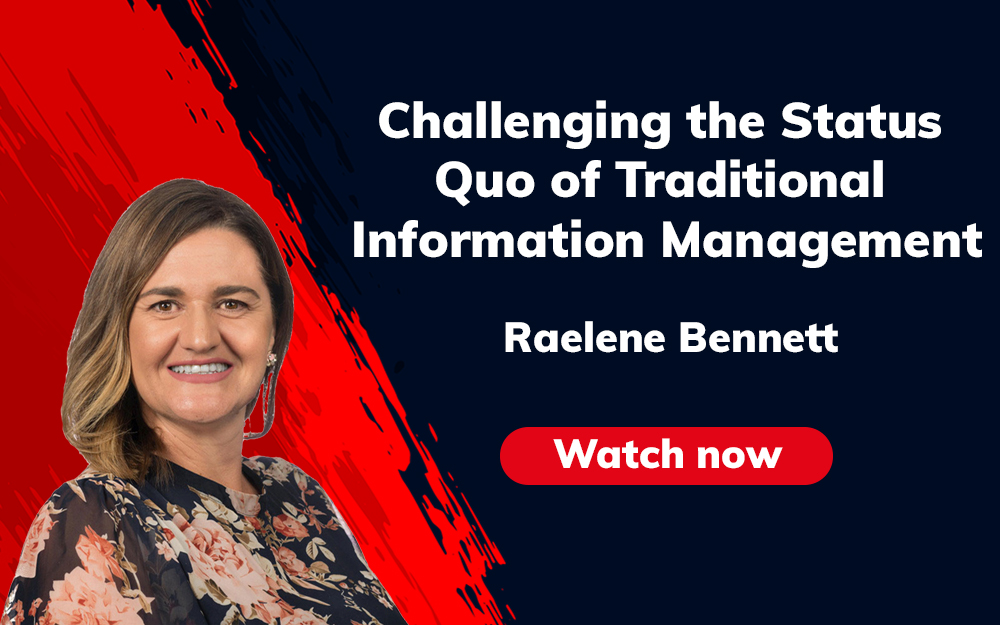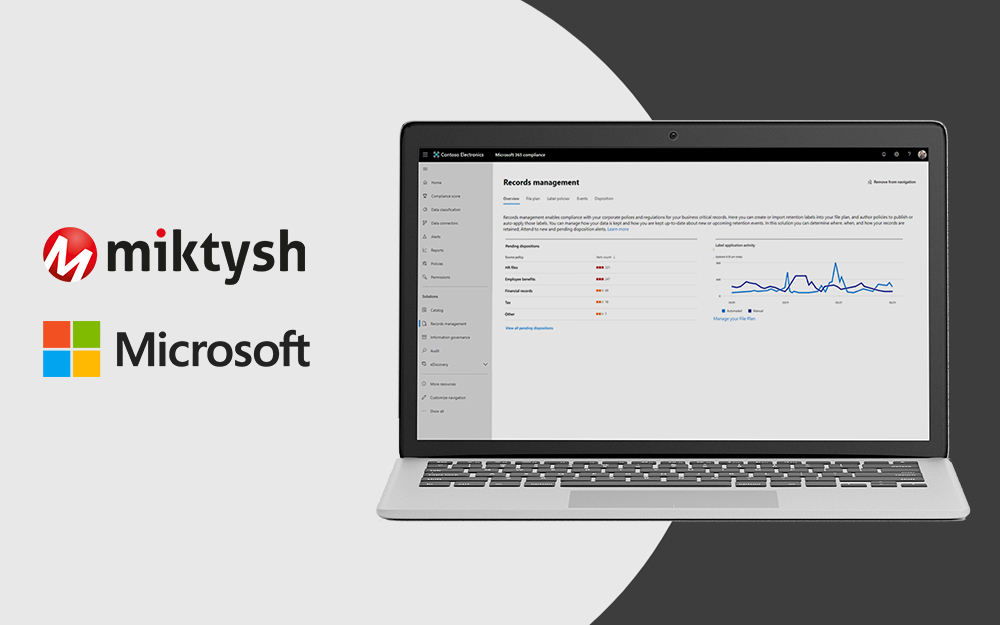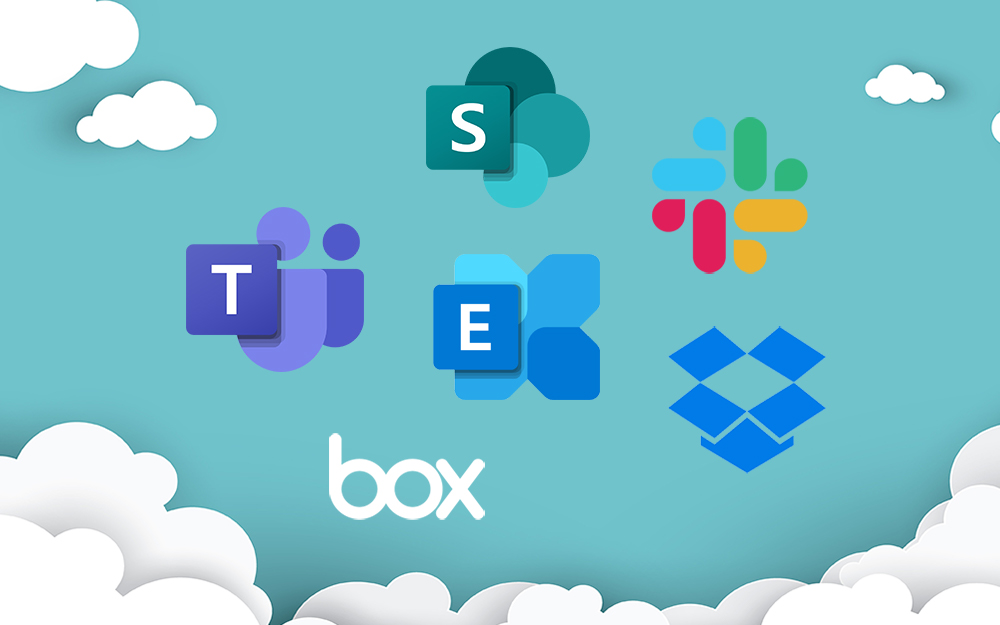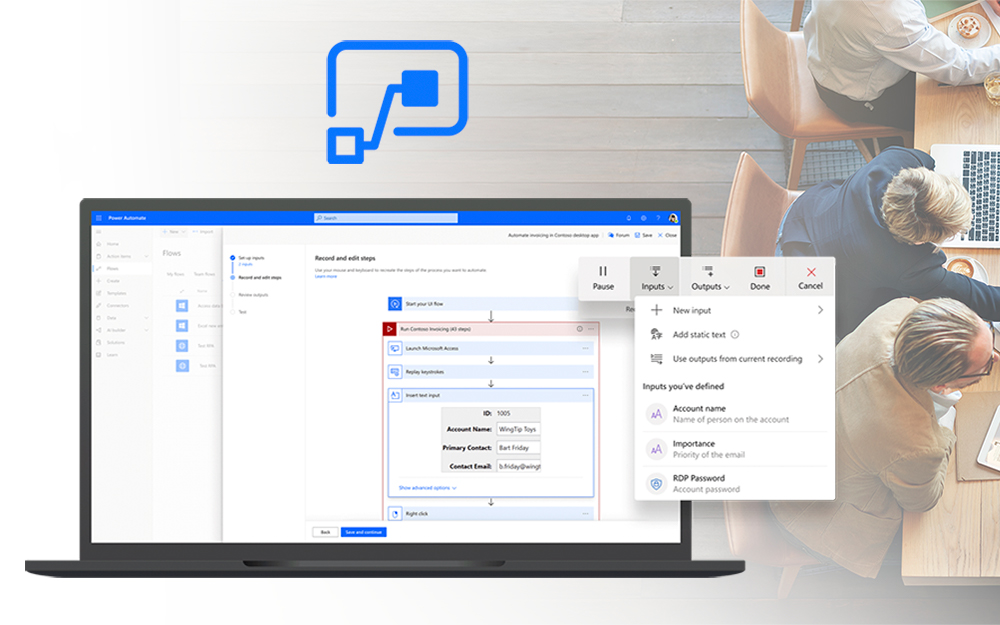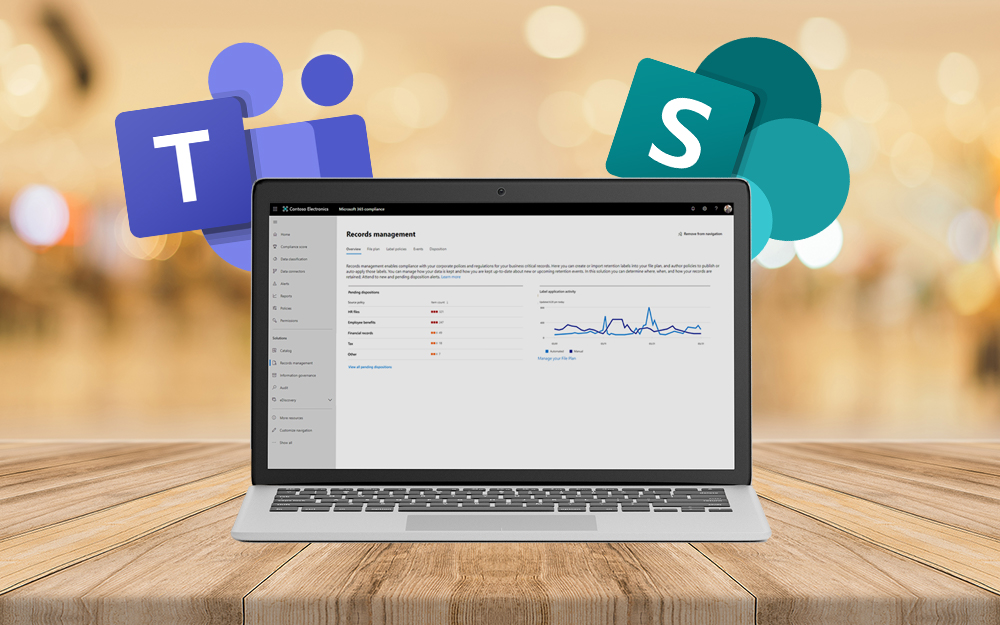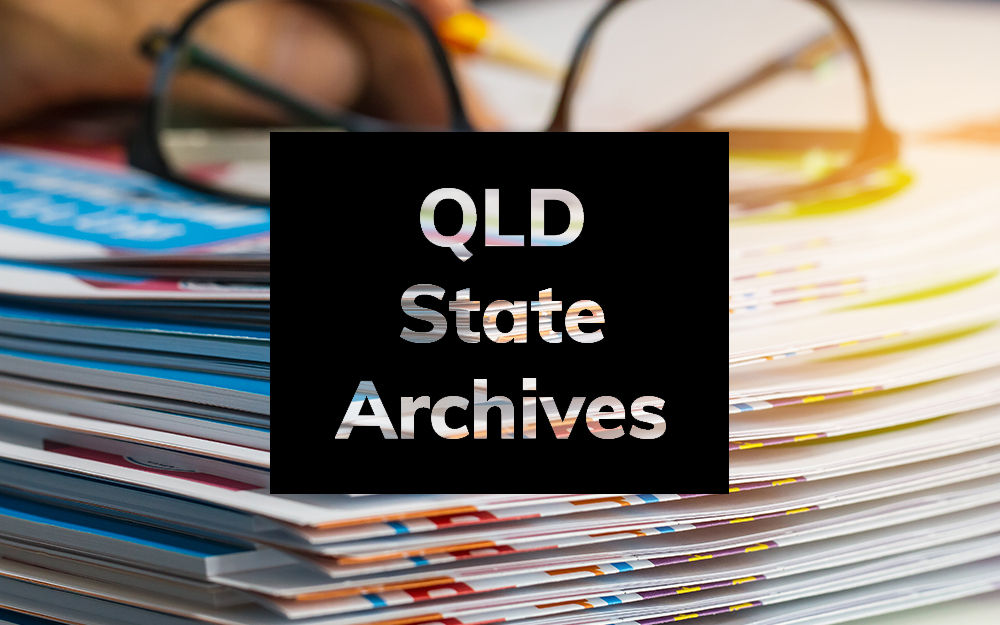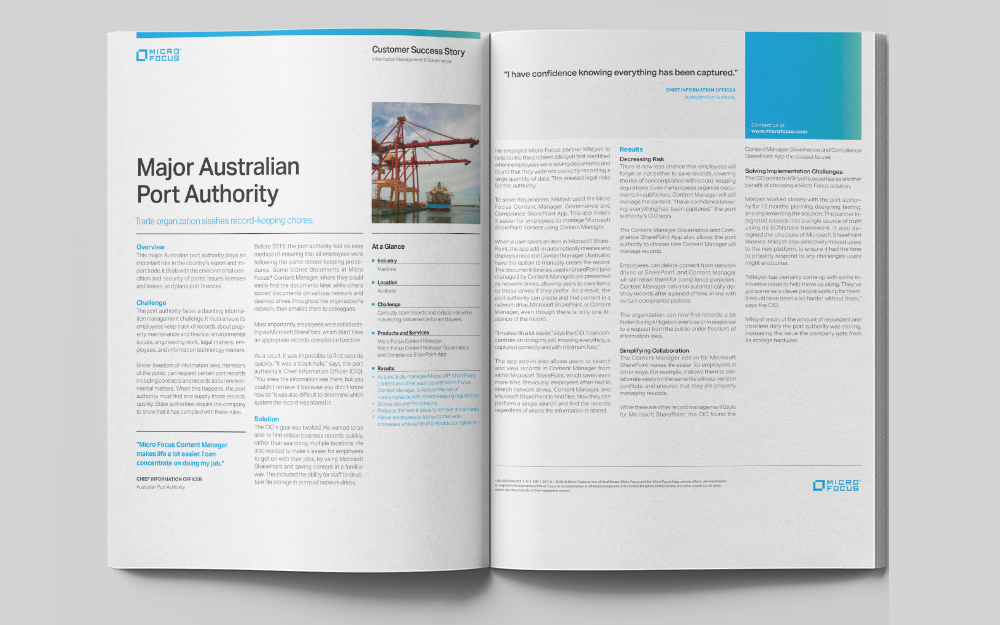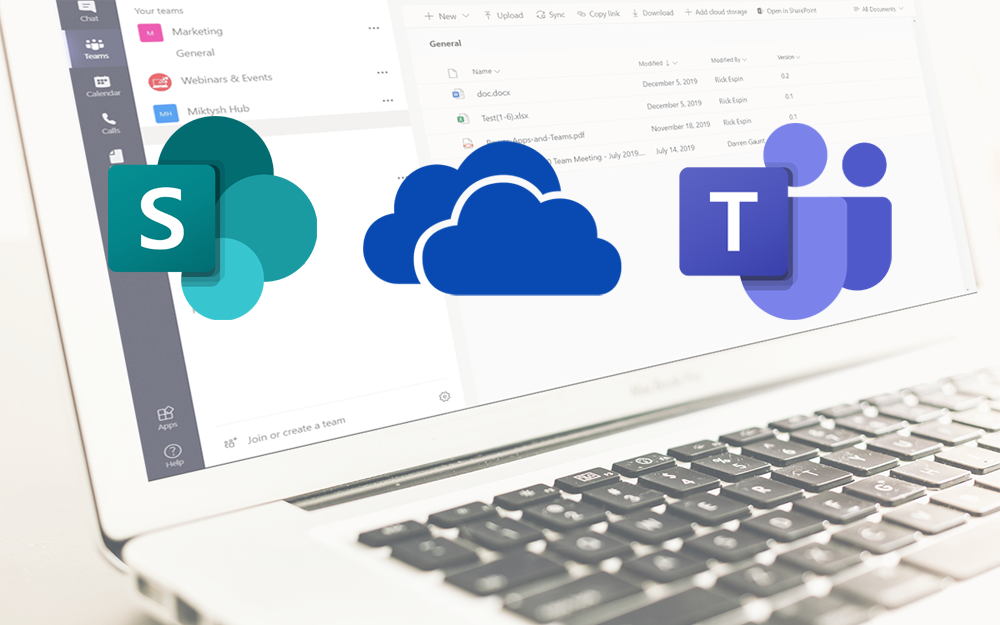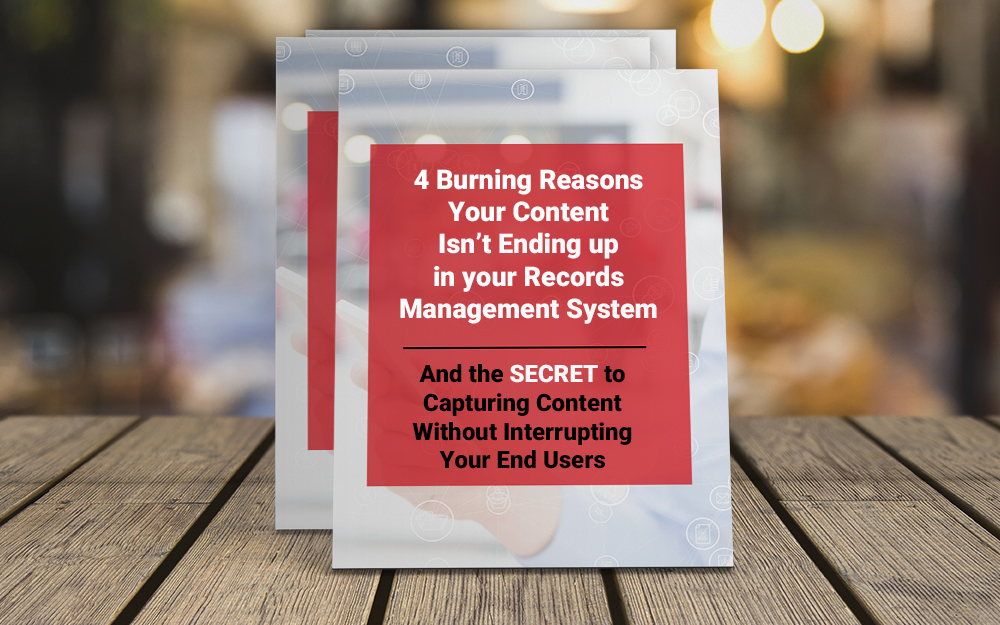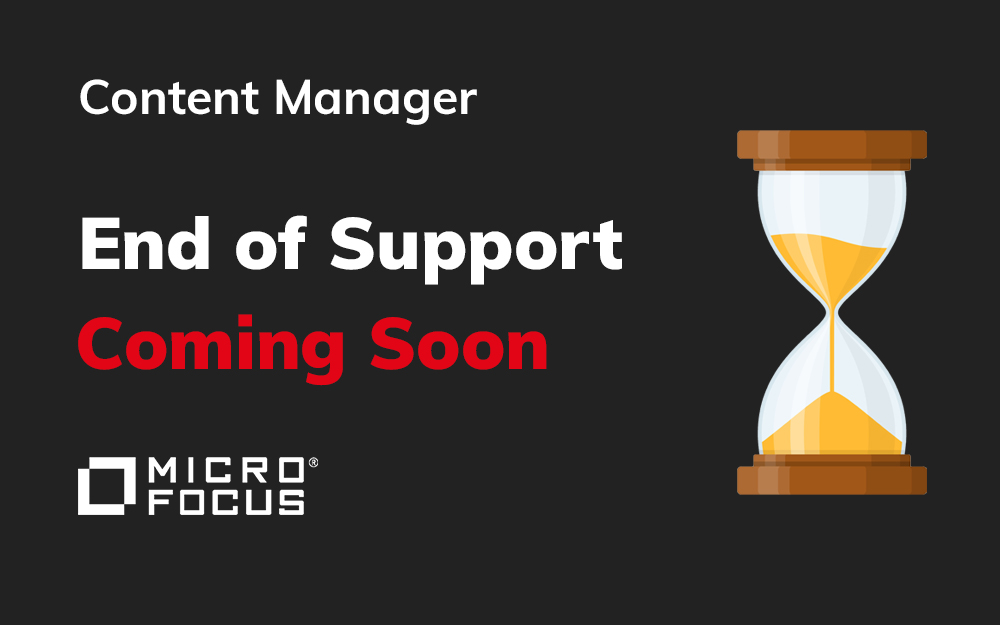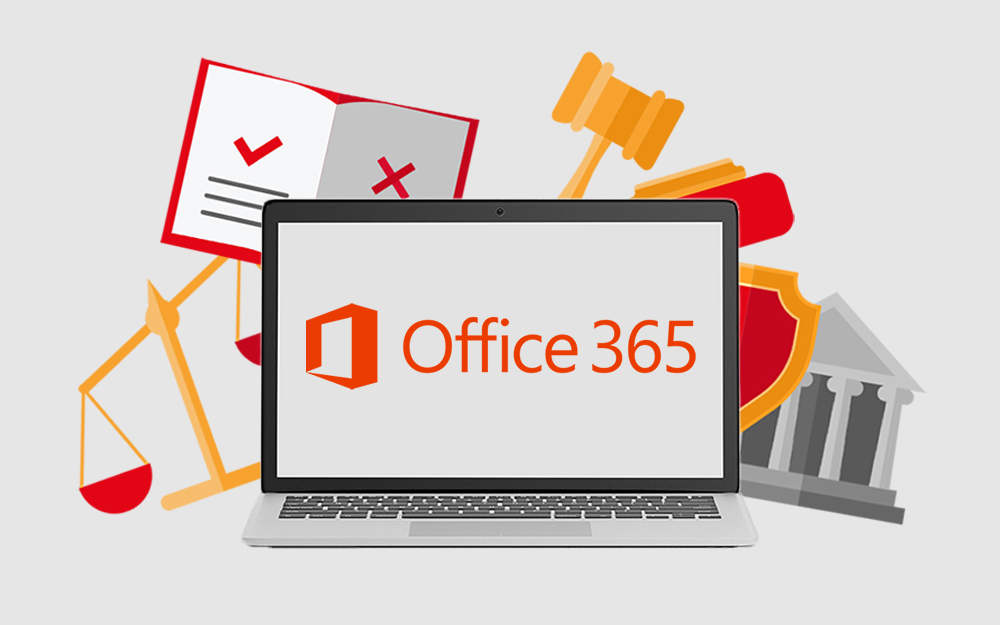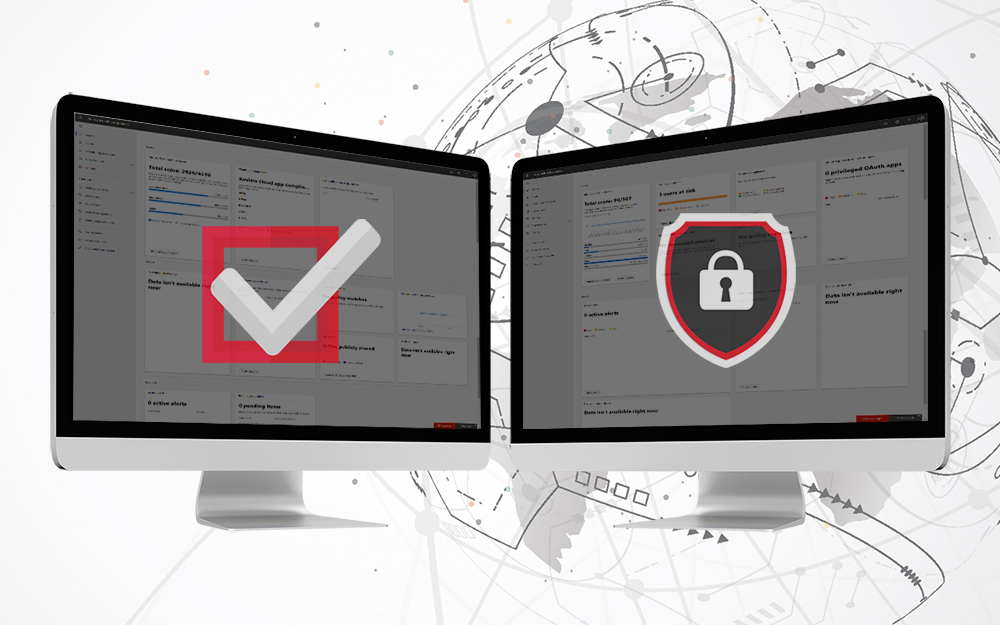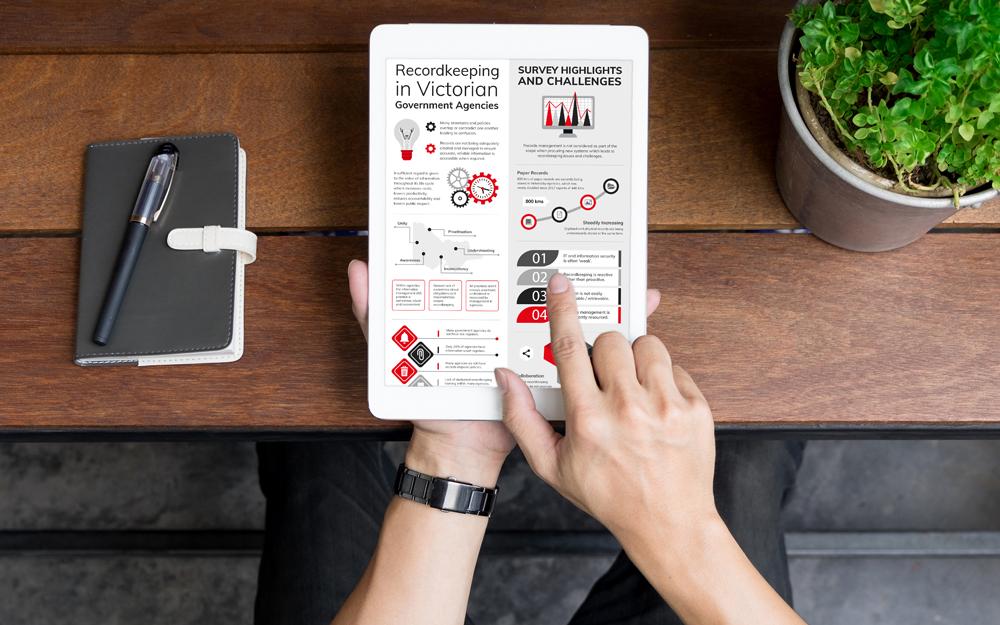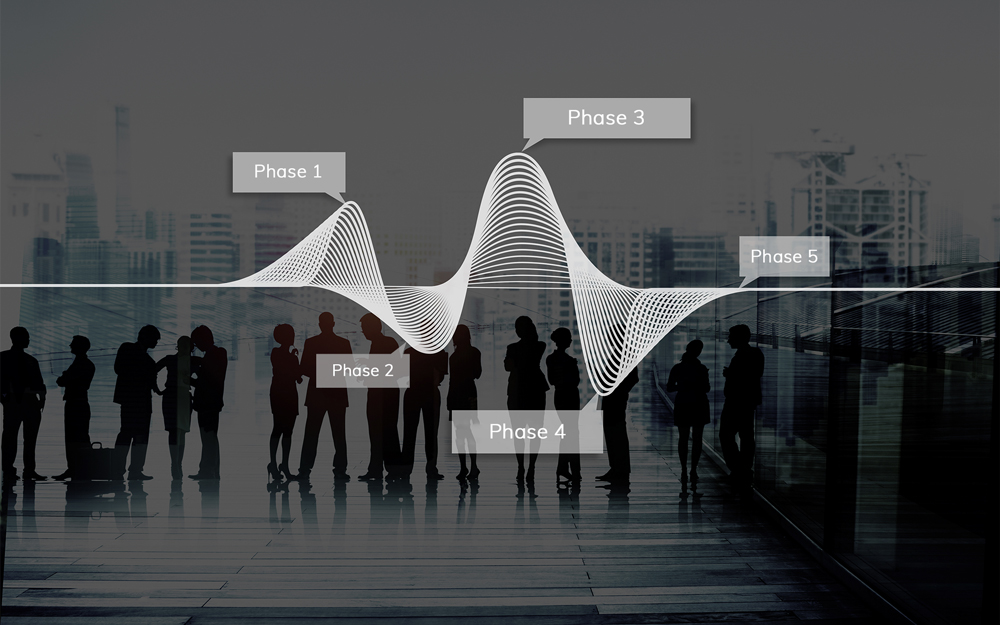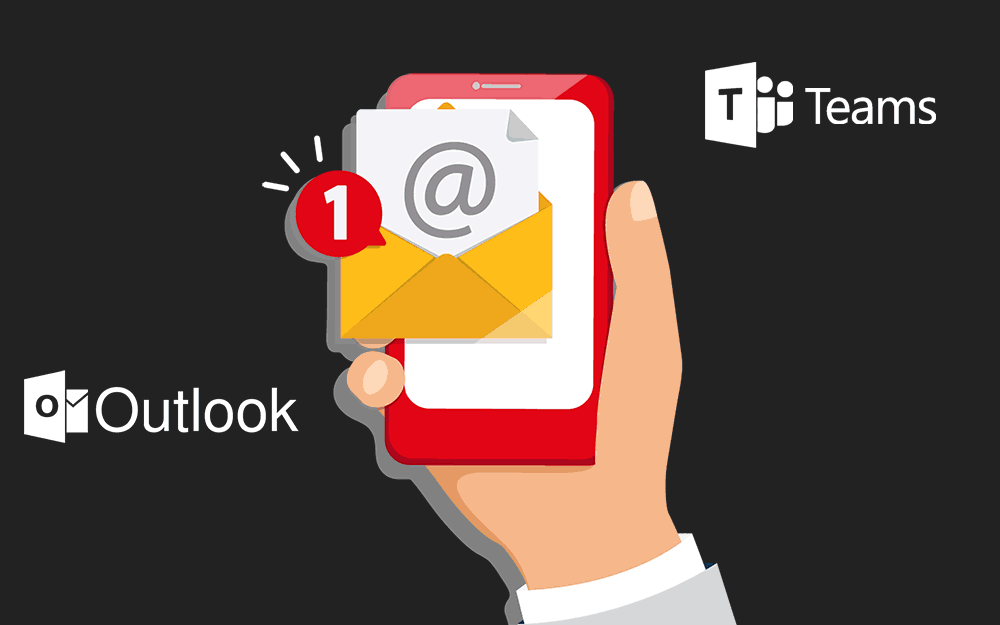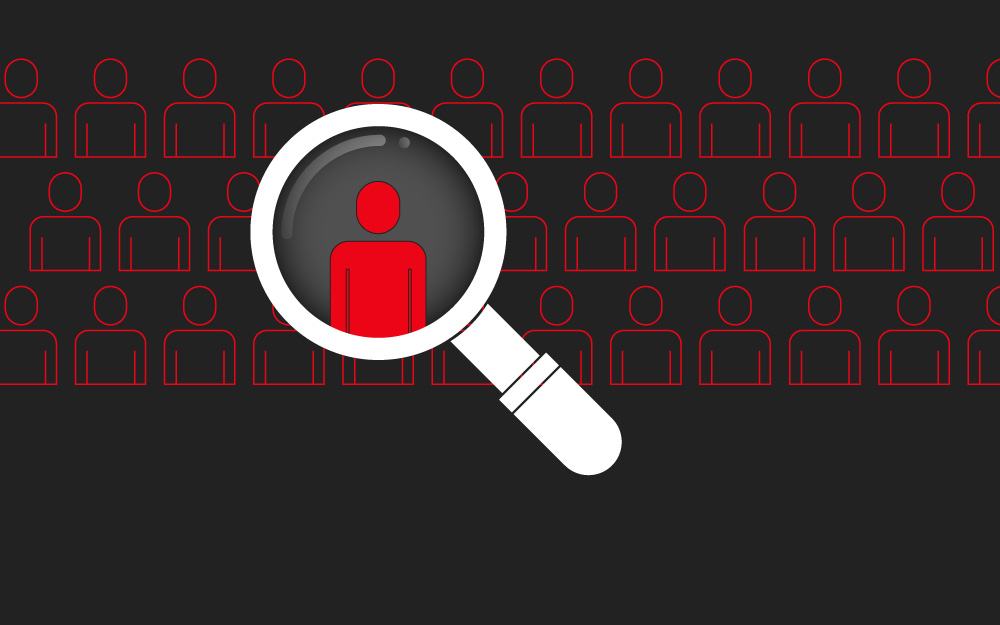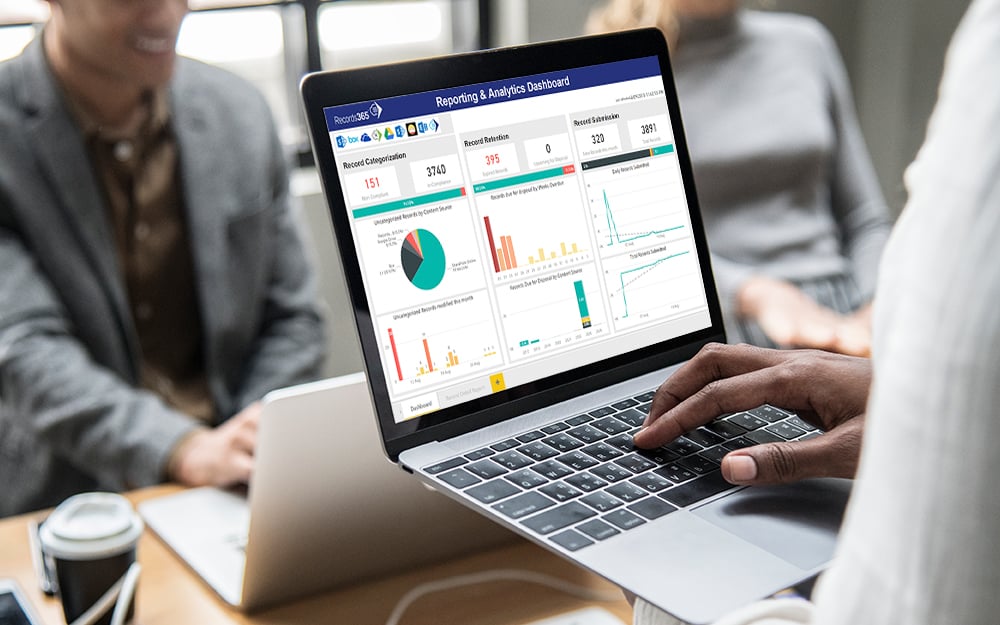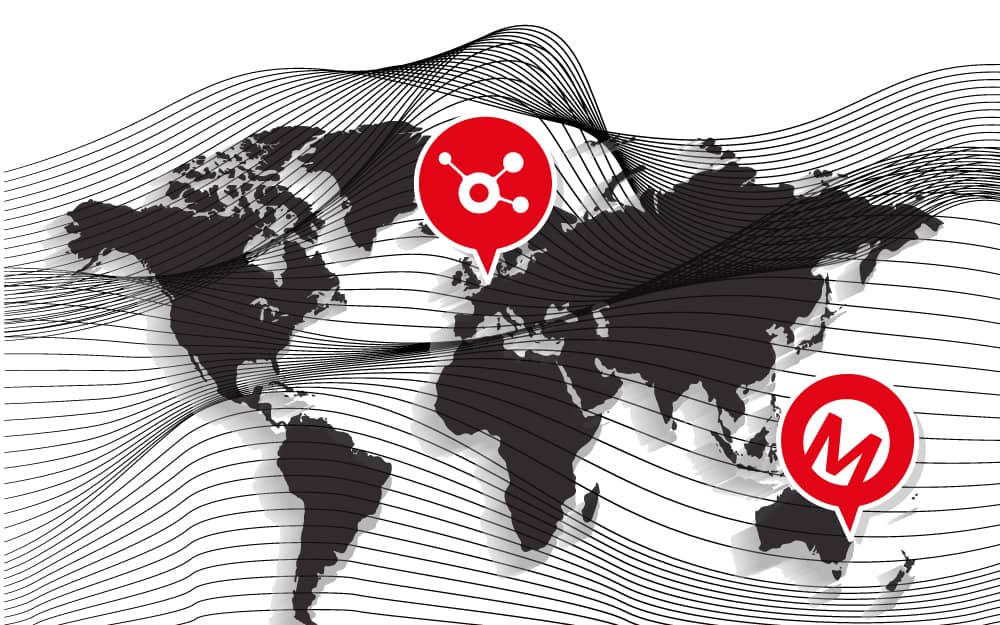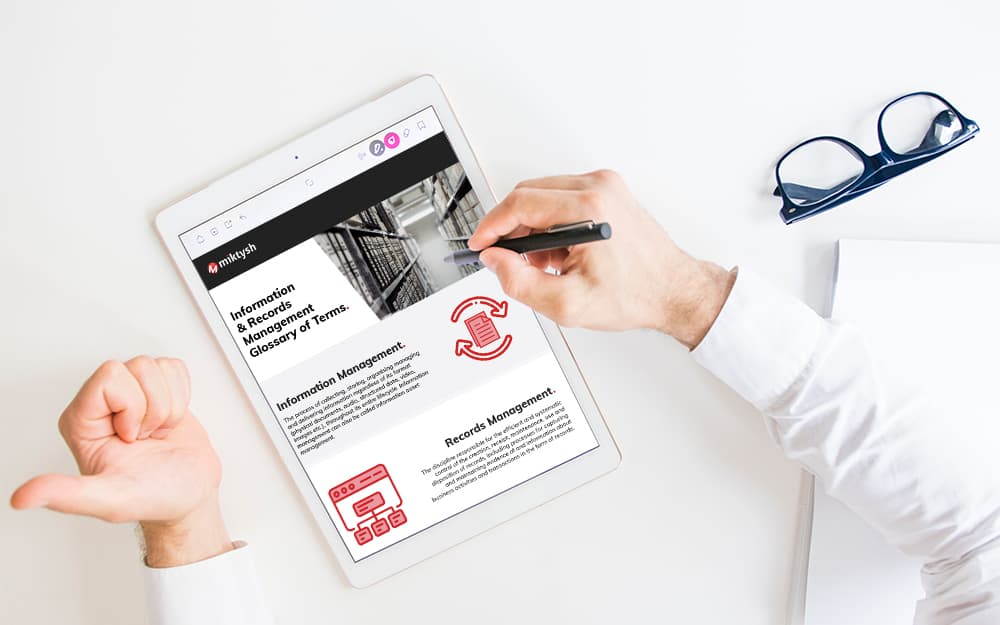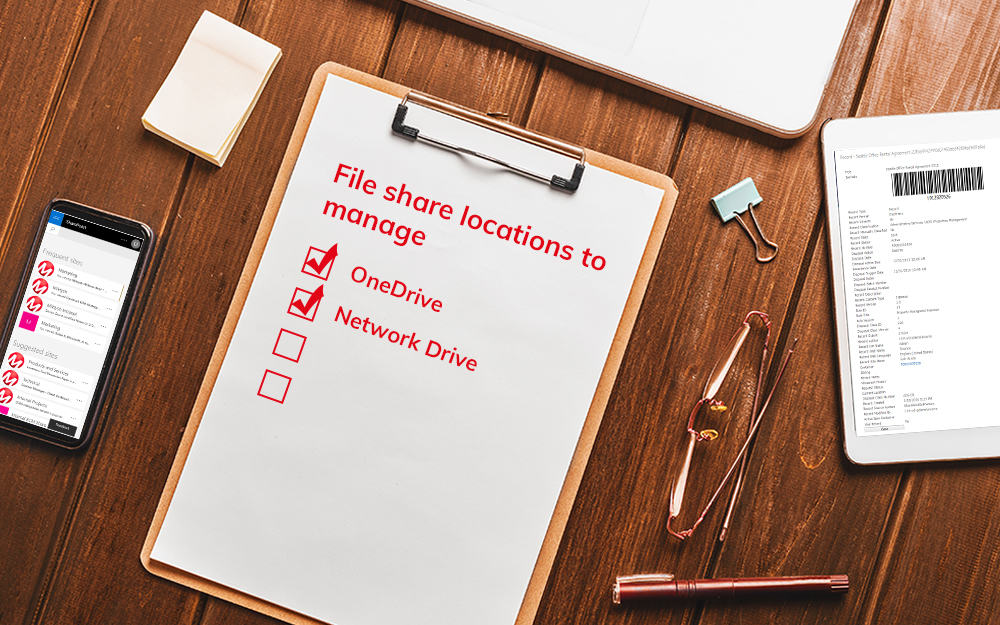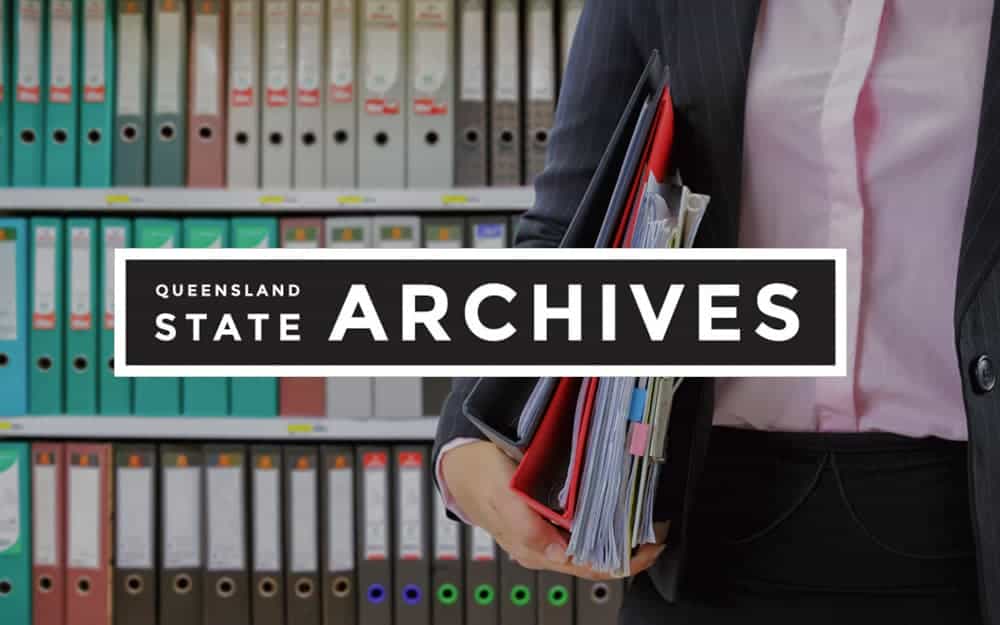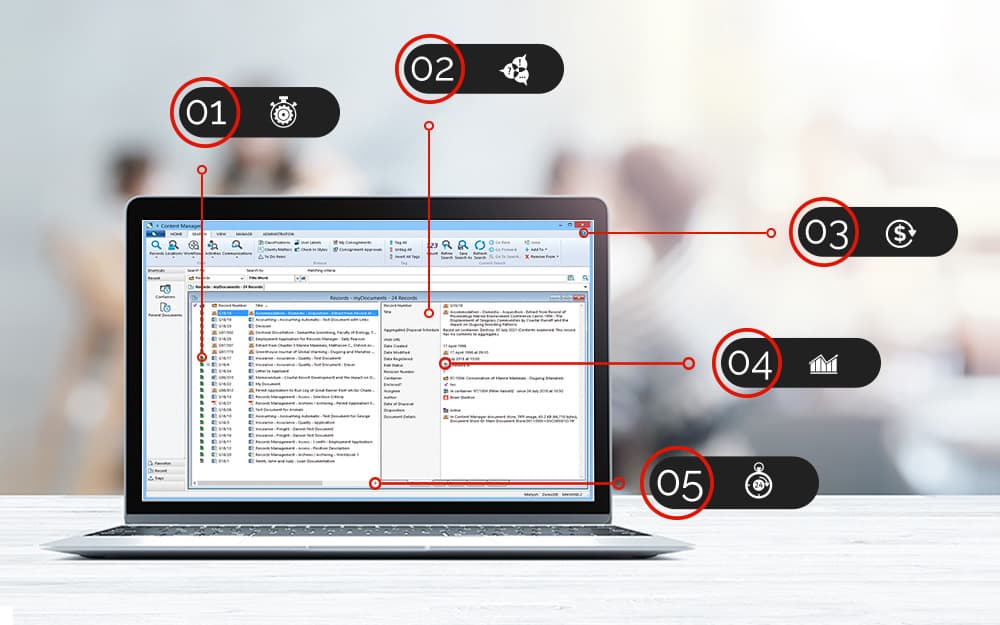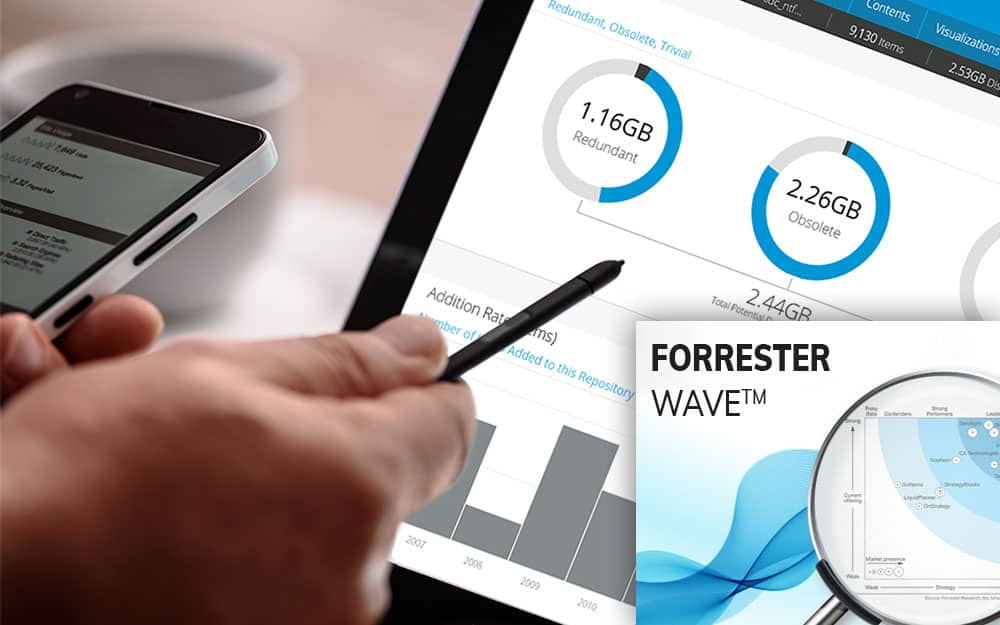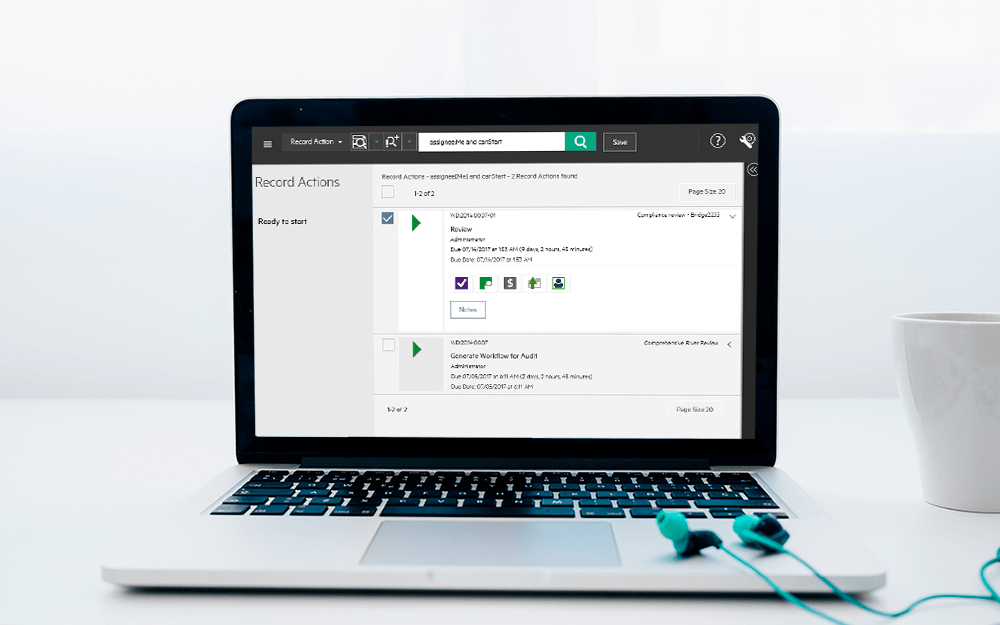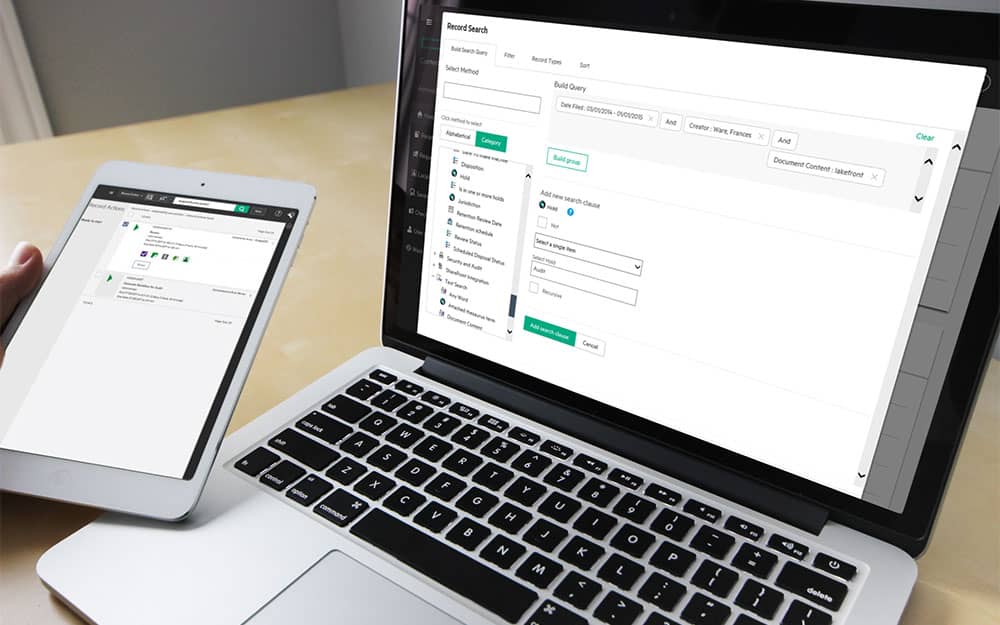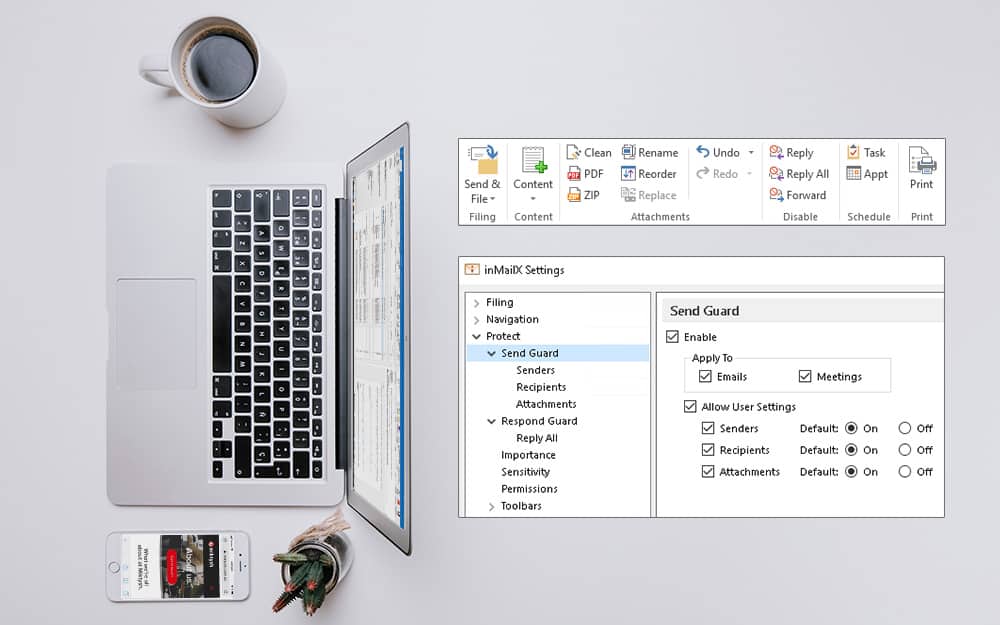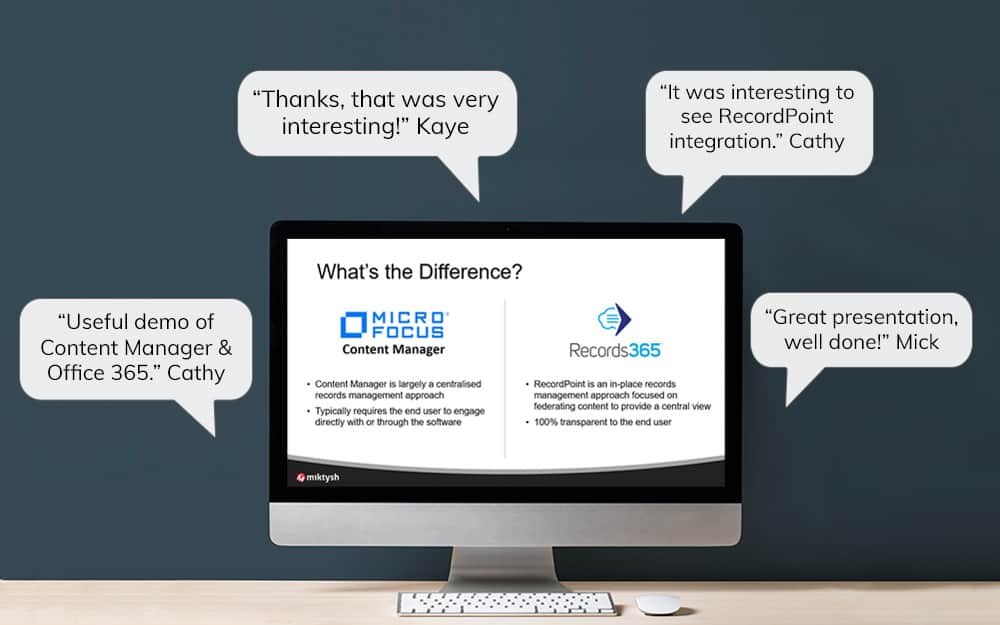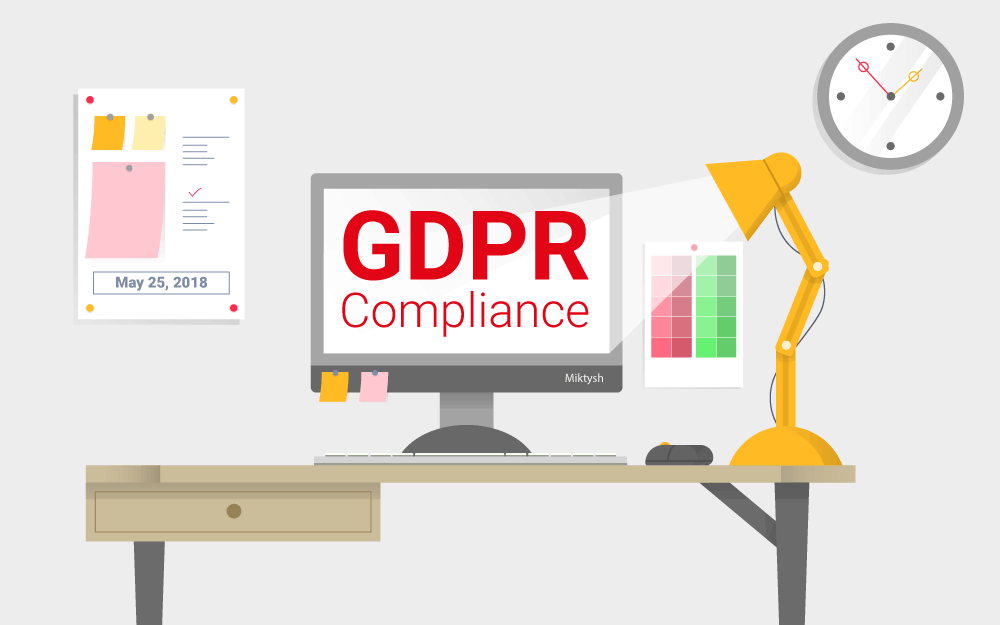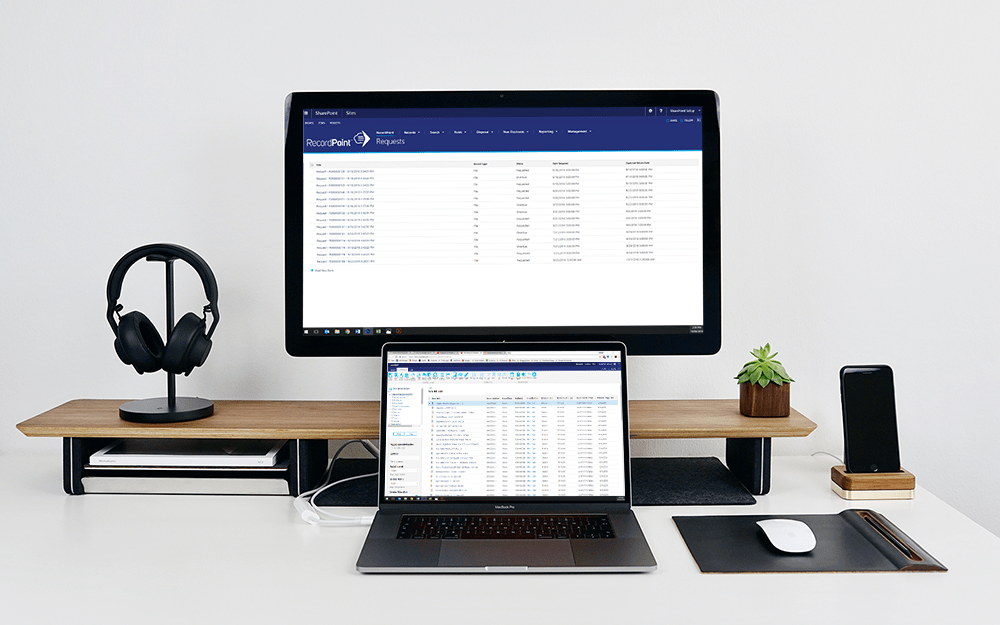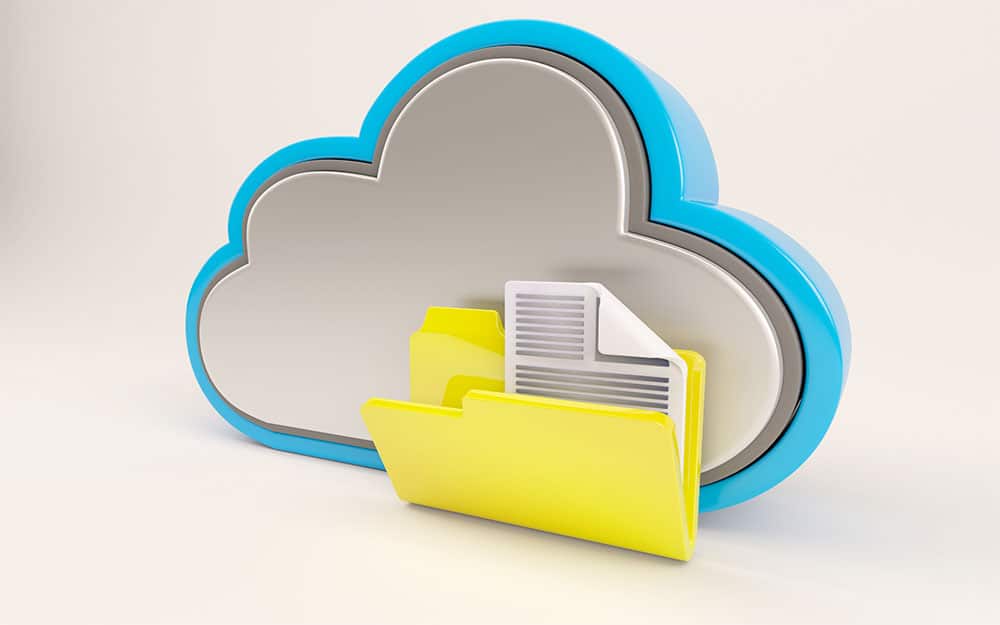Miktysh Blog.
Your go-to source for everything records management, eDRMS, Office 365, TRIM/Content Manager, RecordPoint, AvePoint, and EncompaaS related.
Categories
Topics
The Future of Automatic Records Classification and Federated Information Management
Apr 29, 2020 | Information Management, Records Management
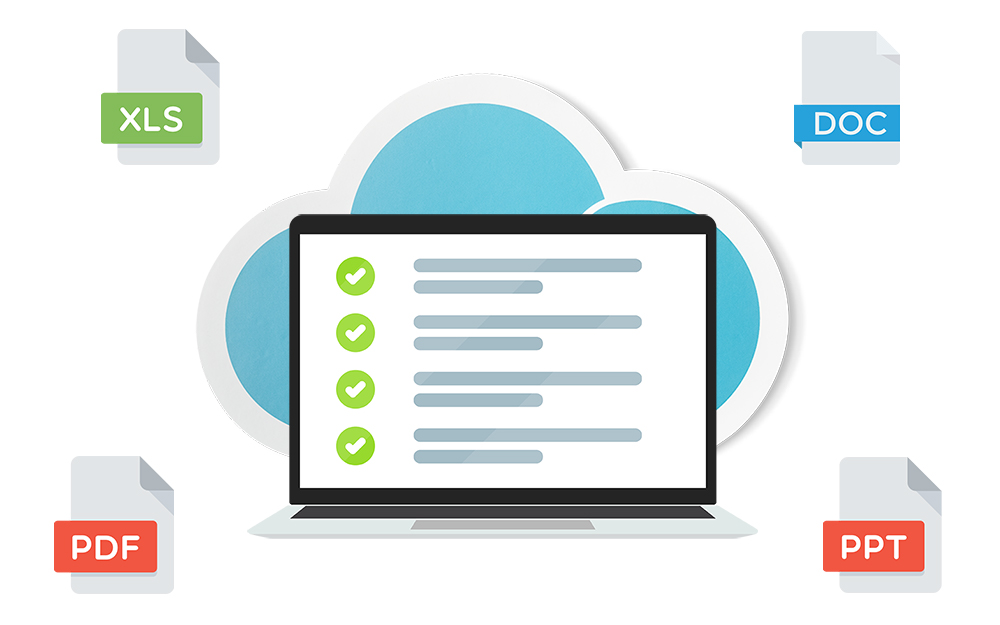
A study commissioned by AvePoint of over 100 records and information management professionals across from local, state and federal government agencies has illuminated where Records Managers are struggling and where agencies are coming up short in their compliance journey.
The study found that 43% of records professional’s struggle with achieving end-user engagement, and 73% say change management is a major roadblock in achieving effective records management. On the bright side, 60% of agencies are confident that they are managing their records correctly, however we will drill down into the details to determine whether this is false confidence.
The challenge of records management across multiple repositories
It should come as no surprise that agencies draw records from many different business systems including HR systems, finance systems, file shares, collaboration platforms, websites, intranets, contract management systems and more.
Although records professionals who responded to the study claimed to have a high familiarity with the business systems used in their organisation, only 13% have oversight across all the different systems. This creates an obvious problem, which is how are you able to manage information if you don’t know it’s there?
Moreover, when it comes to records classification, 41% of agencies are relying on manual classification by either Records Managers or their end-users. More than half of Records Managers surveyed expressed that they are confident in the accuracy of their manual classification, but should they be?
Manual vs automatic records classification – what really works best?
Complex records management processes are the main reason end-users do not easily adopt traditional records management systems. No one wants to have to fill out a bunch of mandatory metadata fields to save a document, and end-users will find workarounds to having to do this. In fact, even with fully engaged end-users and the correct information architecture in place, from our experience organisations can expect to achieve a classification accuracy of around 60%.
Now ask yourself, how engaged are your end-users? As I mentioned earlier, according to AvePoint’s study 43% of agencies are struggling with end-user engagement and a whopping 73% struggle with change management, which is necessary for achieving high end-user engagement.
On the other hand, automatic records classification using machine learning technology has shown a classification accuracy of 80% to as high as 90+% based on initial estimates. This tells me that the confidence Records Managers have in their manual classification processes and the hesitation in adopting new machine learning technologies may be a case of fear of the unknown.
Not only this but many records management professionals have understandably expressed their concern of how these new emerging technologies could potentially impact their job security. If this is you, you may be interested to hear that I posed this exact question to RIMPA General Manager, Anne Cornish on a recent episode of the Information Transformation Podcast.
Anne stated that despite these new technologies she sees the demand for records and information professionals increasing in the future as they are slowly getting recognized in the industry as an integral part of the organisation. With agencies experiencing such an explosive growth of information and communications, they are beginning to view information as an asset and as a result, the importance of records professionals is only going to escalate.
I would argue that Records Managers shouldn’t shy away from machine learning and artificial intelligence and should instead look to capitalize on these new, emerging technologies.
The future of federated information management
A modern, transparent approach to information management should involve two key things; federated information management and automatic classification. By federated information management what I mean is managing your information in-place regardless of what repository it sits in. This ensures that your end-users are not burdened with filling out metadata fields or working with records management systems that they find complex. It also reduces the challenge of change management.
Additionally, as your organisation adopts new business systems and collaboration platforms, you should have confidence that you can effective capture the content drawn from these systems. The importance of this has been illuminated during the COVID-19 situation, as numerous government agencies and private businesses have rushed to adopt new collaboration platforms to facilitate remote working. With end-users communicating, creating content and making important business decisions in these apps, there is a significant risk that this information is not being captured.
Specifically, many organisations have adopted Microsoft Teams to meet their need for remote work. So how are you able to capture the information you create in Teams, in place?
As you may already know, the information you create in Microsoft Teams is stored in SharePoint in the background. One way to manage this content is using an integration between Content Manager and SharePoint. We recently published a case study on a successful integration we implemented with a major Australian Port Authority. Alternatively, you can choose to manage your SharePoint and Teams content using the Microsoft 365 Compliance Center. Although the Compliance Center is not as advanced as traditional records management systems, some Australian federal government agencies have elected to manage their entire records processes exclusively within Office 365.
A third method is using RecordPoint. With RecordPoint you have a built-in connector for SharePoint Online (as well as numerous other repositories), which allows you to easily manage any files and documents you store and create in Teams. It should be noted that any of these three solutions do not require involvement from your end-users, meaning you won’t need to worry about training and change management to teach them about records management.
With RecordPoint, you can also using machine learning for automatic records classification. This was successfully implemented at the Australian Human Rights Commission, which has achieved a classification accuracy of approximately 85%. AvePoint Compliance Guardian also provides similar capabilities.
Tldr; Key Takeaways
As organisations continually change and adopt new business systems, whether it’s to facilitate the need for remote working or simply to improve internal operations, they need to make sure they are capturing their information regardless of where it’s stored.
As technology continues to evolve it’s important for Record’s Managers to capitalize on new advancements rather than shy away from them. Despite the confidence many Record’s Managers have in the accuracy of their manual classification, the stats have shown that automatic classification through machine learning can achieve a much higher classification accuracy. Records and information management professionals should not feel threatened by this as the demand for their skills will only escalate as more and more organisations begin to view their information as an asset.
If you would like to learn more about machine learning for automatic records classification, get in touch with one of our consultants.

Liza Tinker
Business Consultant
Liza is a SharePoint consultant with over 15 years’ experience in the private and public sector in the use and delivery of SharePoint and other collaboration solutions using Microsoft 365. She is passionate about technology and improving productivity and quality through collaboration and innovation.
Categories
Topics
Follow us on social
Popular content.

Analytics Driven Information Governance
14.07.2021
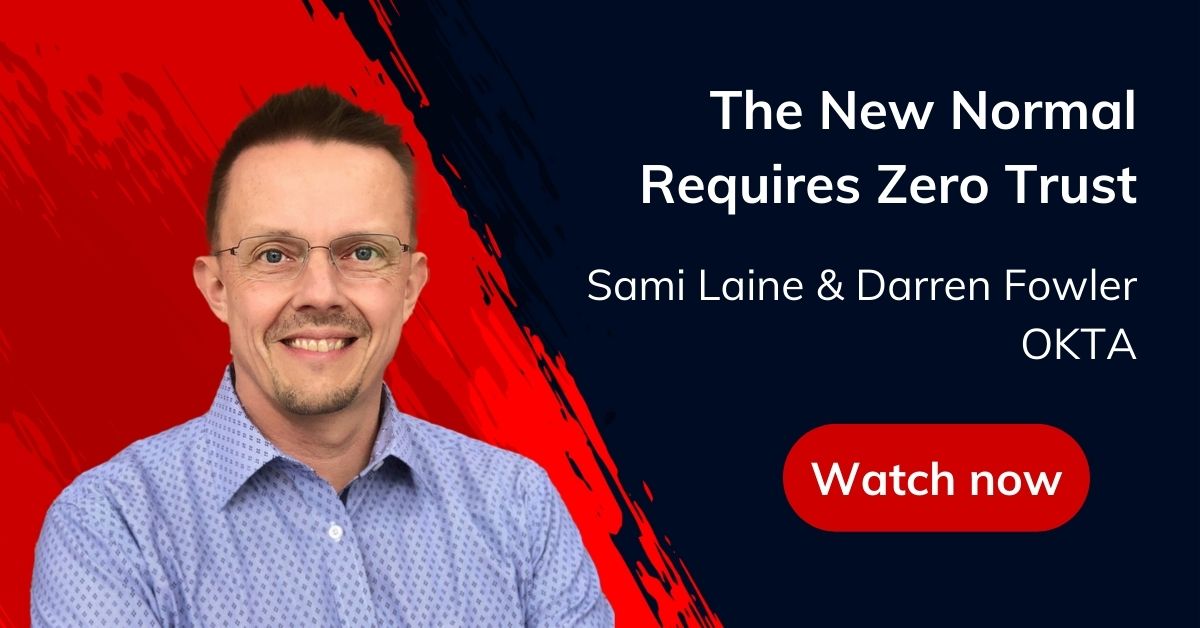
The New Normal Requires Zero Trust
27.06.2021
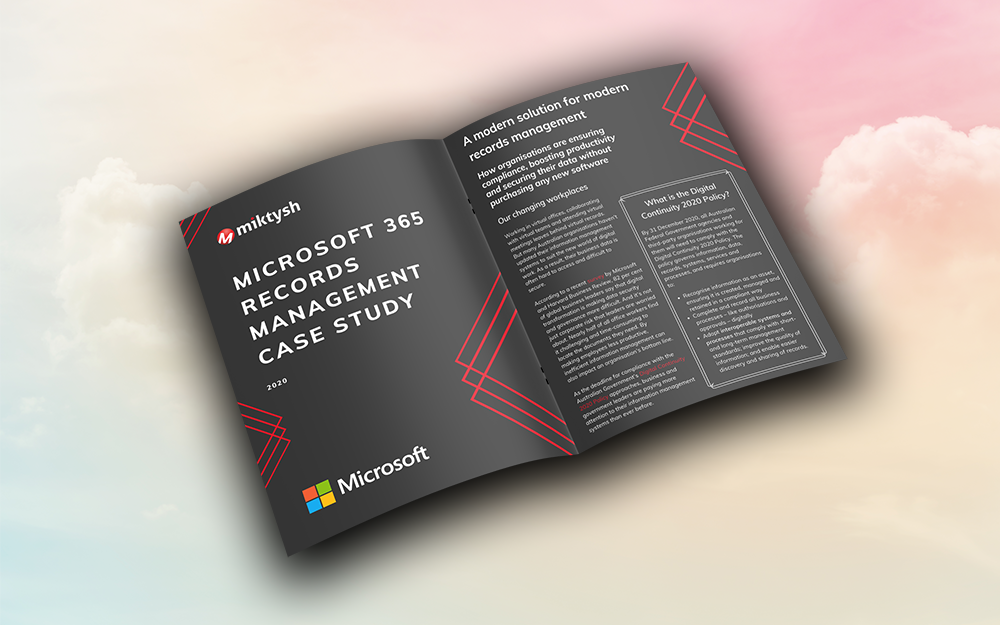
Microsoft 365 Records Management Whitepaper
06.11.2020

Micro Focus Launches Content Manager Select
28.05.2020
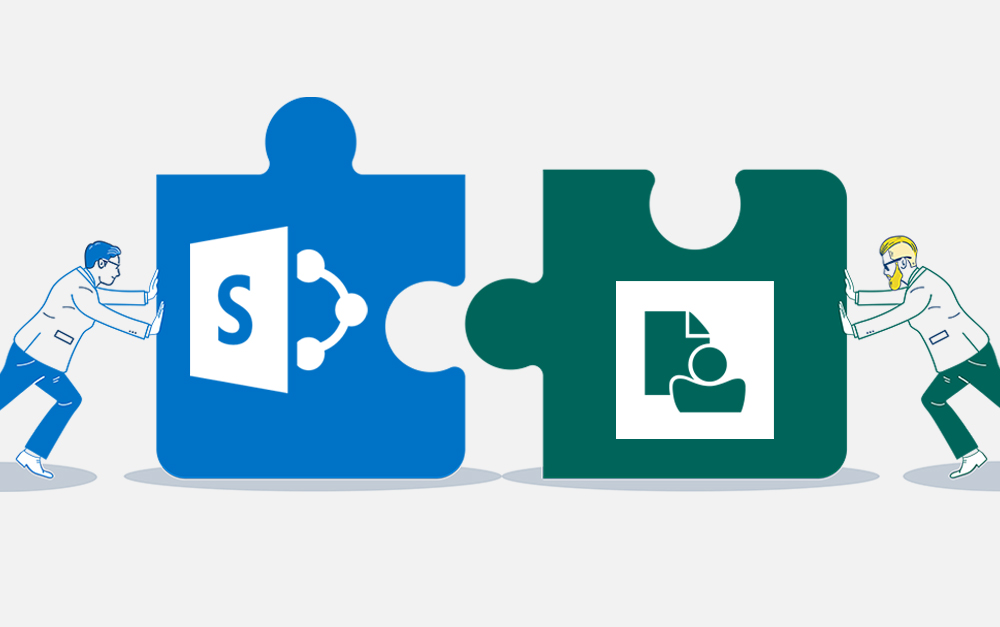
Content Manager SharePoint Integration Demo
20.05.2020
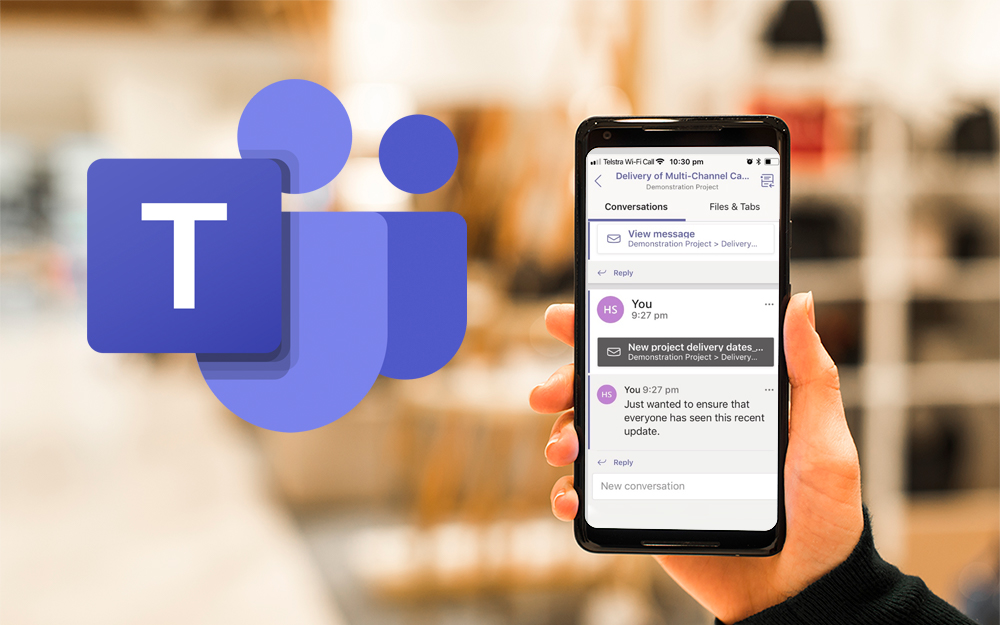
Top 7 Hidden Features in Microsoft Teams
11.02.2020
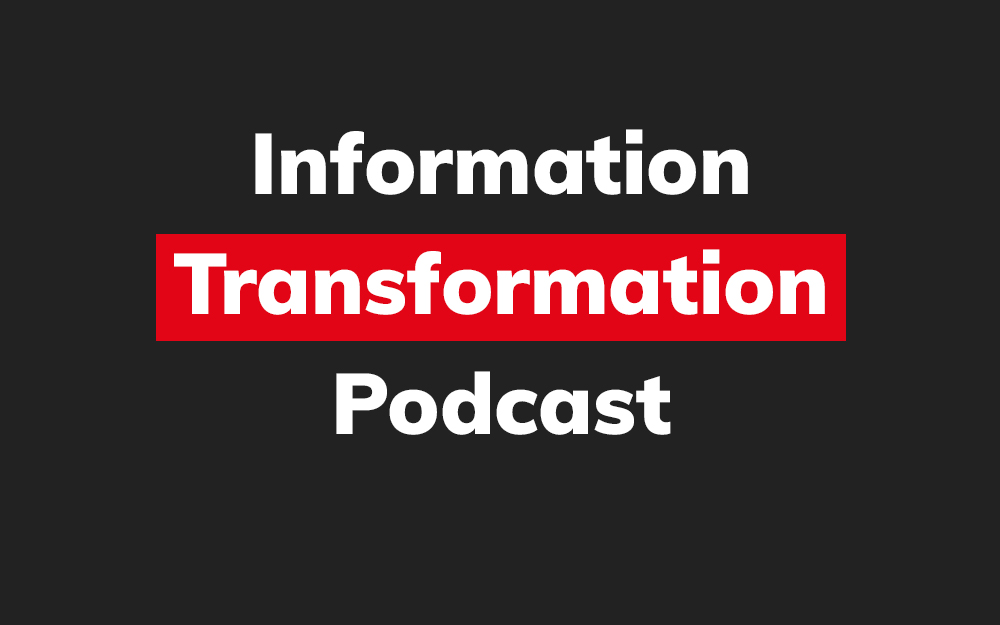
Integrate Content Manager with SharePoint
15.01.2020

Information Management Strategy Example
06.12.2019

How to Approach a Digital Transformation
13.11.2019
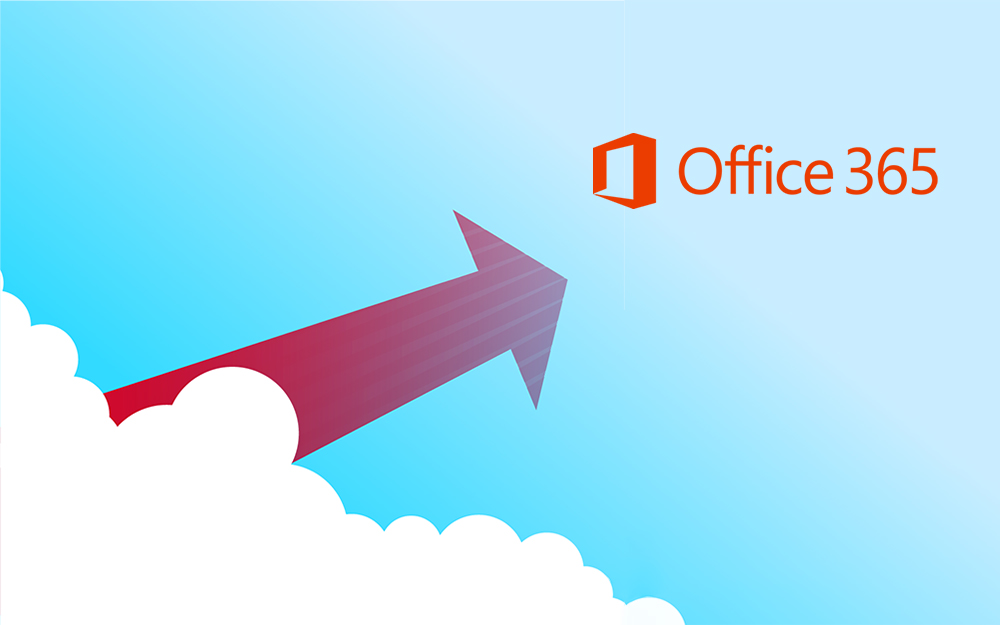
Top 5 Benefits of Migrating to Office 365
10.10.2019
Content Manager 9.4 Web Client
19.09.2019

Content Manager 9.4 Sneak Peek – Video Demo
02.09.2019

What Version of SharePoint is on Office 365?
27.06.2019
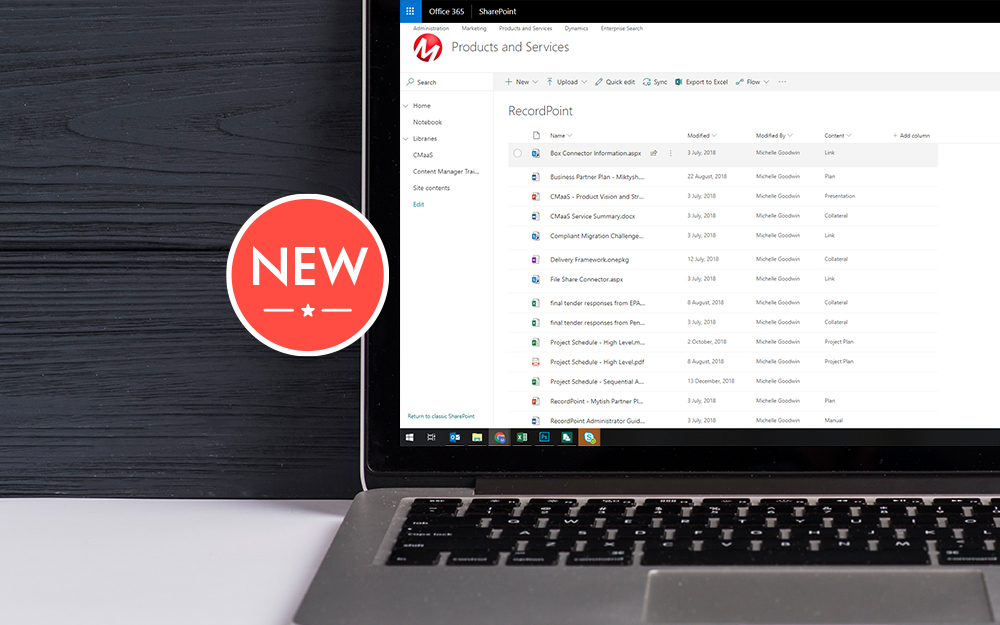
New SharePoint 2019 Features
08.03.2019

Data Migration Validation Best Practices
08.02.2019

Cloud Governance – RIMPA Queensland Event
27.09.2018

RecordPoint Records365 Demo
09.05.2018

How RecordPoint Enhances Office 365
09.05.2018

6 GDPR Tools to Assist with GDPR Compliance
17.04.2018

Analytics Driven Information Governance
14.07.2021

The New Normal Requires Zero Trust
27.06.2021

Microsoft 365 Records Management Whitepaper
06.11.2020

Micro Focus Launches Content Manager Select
28.05.2020

Content Manager SharePoint Integration Demo
20.05.2020

Top 7 Hidden Features in Microsoft Teams
11.02.2020

Integrate Content Manager with SharePoint
15.01.2020

Information Management Strategy Example
06.12.2019

How to Approach a Digital Transformation
13.11.2019

Top 5 Benefits of Migrating to Office 365
10.10.2019
Content Manager 9.4 Web Client
19.09.2019

Content Manager 9.4 Sneak Peek – Video Demo
02.09.2019

What Version of SharePoint is on Office 365?
27.06.2019

New SharePoint 2019 Features
08.03.2019

Data Migration Validation Best Practices
08.02.2019

Cloud Governance – RIMPA Queensland Event
27.09.2018

RecordPoint Records365 Demo
09.05.2018

How RecordPoint Enhances Office 365
09.05.2018

6 GDPR Tools to Assist with GDPR Compliance
17.04.2018
